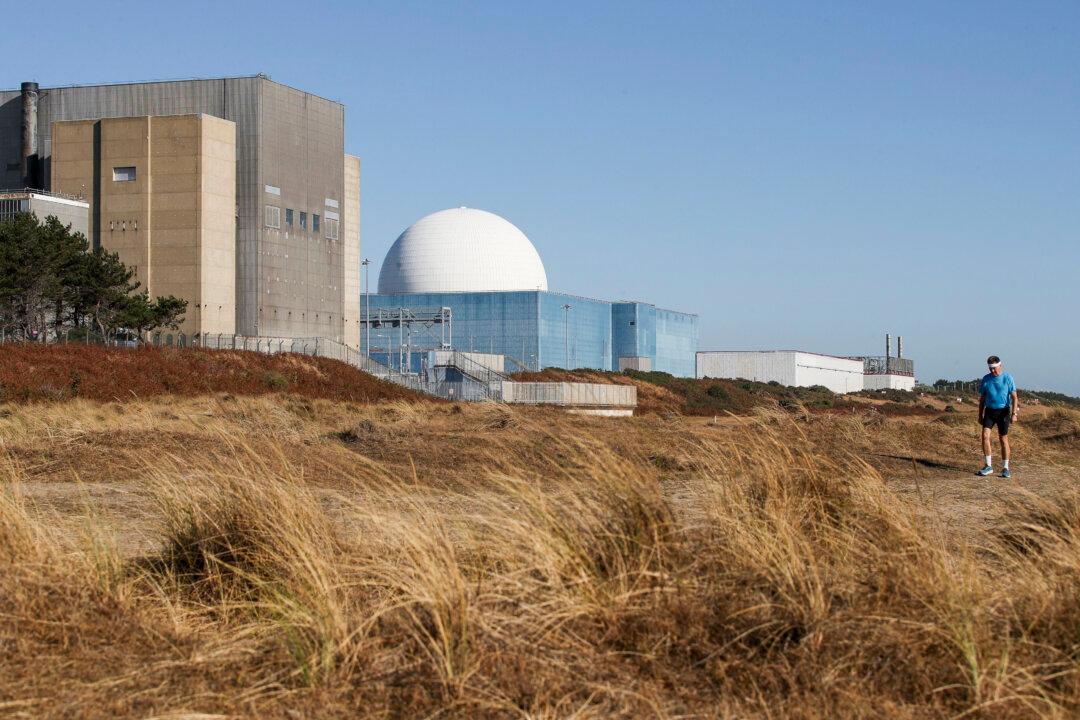News Analysis
As the European Union (EU) grapples with energy security challenges, signals are emerging that the bloc may resurrect nuclear power as a crucial component of its energy strategy, although the transition may take considerable time.

As the European Union (EU) grapples with energy security challenges, signals are emerging that the bloc may resurrect nuclear power as a crucial component of its energy strategy, although the transition may take considerable time.